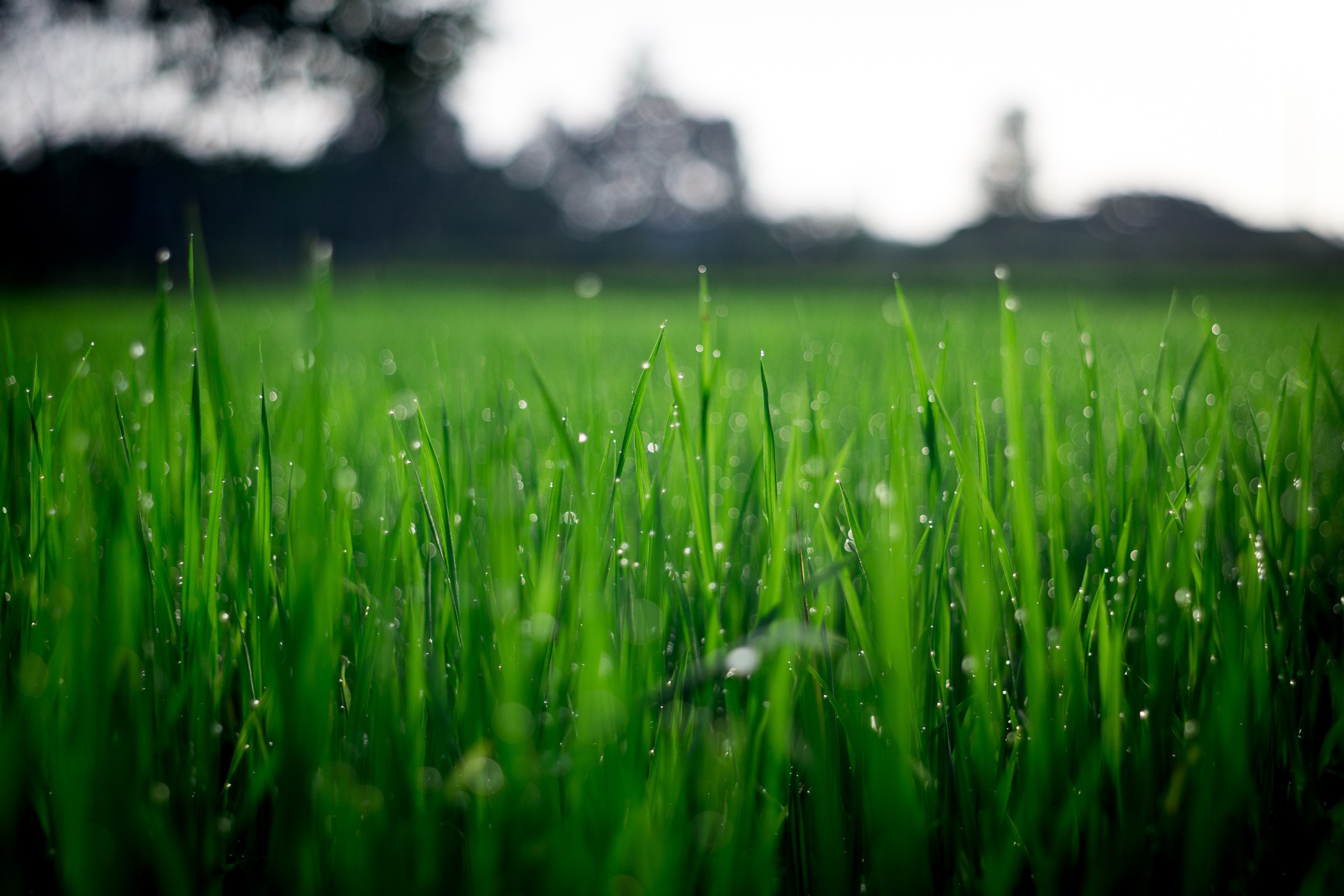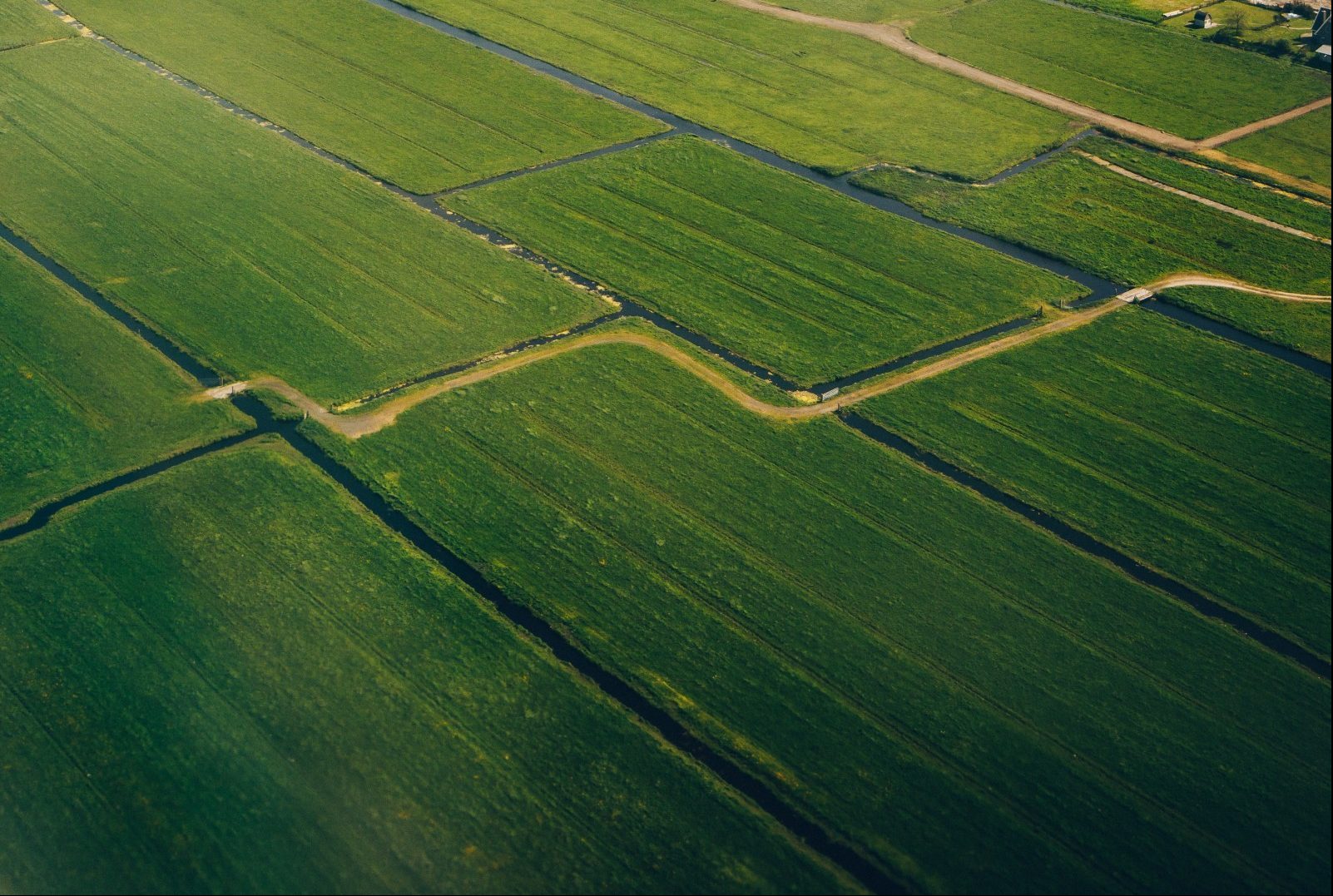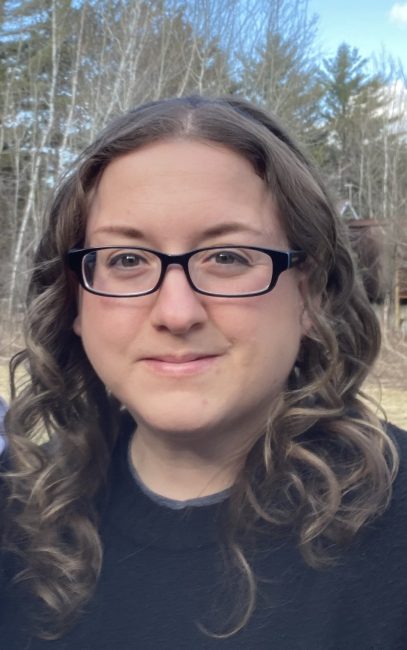Soil Testing
Soil Testing & Analysis
Soil testing is done at the UW Soil Testing Lab in Madison

Lawn & Gardens
Home lawns, home vegetable and flower gardens, non-commercial fruit crops, landscape trees and shrubs.

Wildlife Food Plot
Planted area of grains (corn, soybeans, millet, etc.) or legumes to provide wildlife food and cover.

Field
Field crops, commercial vegetables and fruit crops.
Important Notes
- A soil sample is no more than 2 cups of soil.
- All twigs, pebbles, and other foreign materials should be removed from the soil sample.
- Bring your sample(s) to the Extension Oneida County office: Northwoods Center (Nicolet), lower level, Room 121.
- Results sent 10-14 days after sample(s) received by lab.
Why Test Soil?
Over 200,000 soil samples are analyzed in Wisconsin each year, and the results of these tests guide Wisconsin farmers in the use of lime and nutrient applications. The appropriate use of lime, fertilizer, manure and other nutrient sources significantly increases Wisconsin farm income. Just as importantly, following nutrient application guidelines prevents over-application of nutrients. This, in turn, enhances profitability and reduces the potential for environmental degradation.
Analysis & Reporting
Your soil test report will provide an accurate index of the level of available nutrients in the soil; indicate the degree of nutrient deficiency that may exist for the various crops grown; suggest how the deficiency might be corrected; and provide the results in a meaningful way so that you can make the appropriate decision as to what nutrients to add.
Laboratory analysis will include soil pH, percent organic matter, phosphorus and potassium. Additional secondary and micro-nutrient analysis of calcium, magnesium, boron, manganese, zinc and sulfur are also available for an additional charge.
Your report is also available in PDF format accompanied by a spreadsheet containing the laboratory results and a SNAP-Plus compatible input file.
Cost Guide
| Lawn & Garden | Wildlife Food Plot | Field |
| $15 PER SAMPLE Optional: Soluble Salts: $7 – Physical Analysis (percent sand, silt, and clay): $23 – Calcium and Magnesium $3 Lead screening is also available for $15 per sample. | $15 PER SAMPLE Optional: Calcium + Magnesium: $3 – Boron: $3 – Zinc: $3 – Manganese: $3 – Sulfur-Sulfate: $3 | $8 PER SAMPLE Optional: Soluble Salts: $7 – Physical Analysis (percent sand, silt, and clay): $23 – Calcium and Magnesium $3 Lead screening is also available for $15 per sample. |
*Make checks payable to “UW Soil Testing Lab”
Extension staff will box your soil sample(s) up for you – you can either take the sample(s) to the post office yourself, or we can send them for you. There is a charge for postage 1-2 samples = $10.40 | 3-6 samples = $18.40; rates based on USPS Priority Mail pricing guidelines.
*Make checks for postage costs payable to “UW-Extension Oneida County”*
Extension Oneida County is open M – F, 8 am to 4 pm; please call ahead to ensure staff is on-site to assist you.
MORE RESOURCES TO CHECK OUT
Accommodation Requests:
Accessibility is important to Extension Oneida County. UW-Madison’s Division of Extension is committed to creating an accessible, inclusive, and equitable experience for all program participants. In partnership with the McBurney Disability Resource Center at UW-Madison, the division evaluates and responds to requests for disability accommodation(s), in accordance with the Americans with Disabilities Act. Learn more online here or email jyoung43@wisc.edu or call 715-365-2750 to learn more.
Language Accessibility:
Please make requests for reasonable accommodations to ensure equal access to educational programs as early as possible preceding the scheduled program, service, or activity. For communicative accommodations in languages other than English, please contact jyoung43@wisc.edu, Jessica Young, 715-365-2750. For communicative accommodations based on a disability, please contact Heather Lipinski Stelljes at: heather.stelljes@wisc.edu for the public.





